


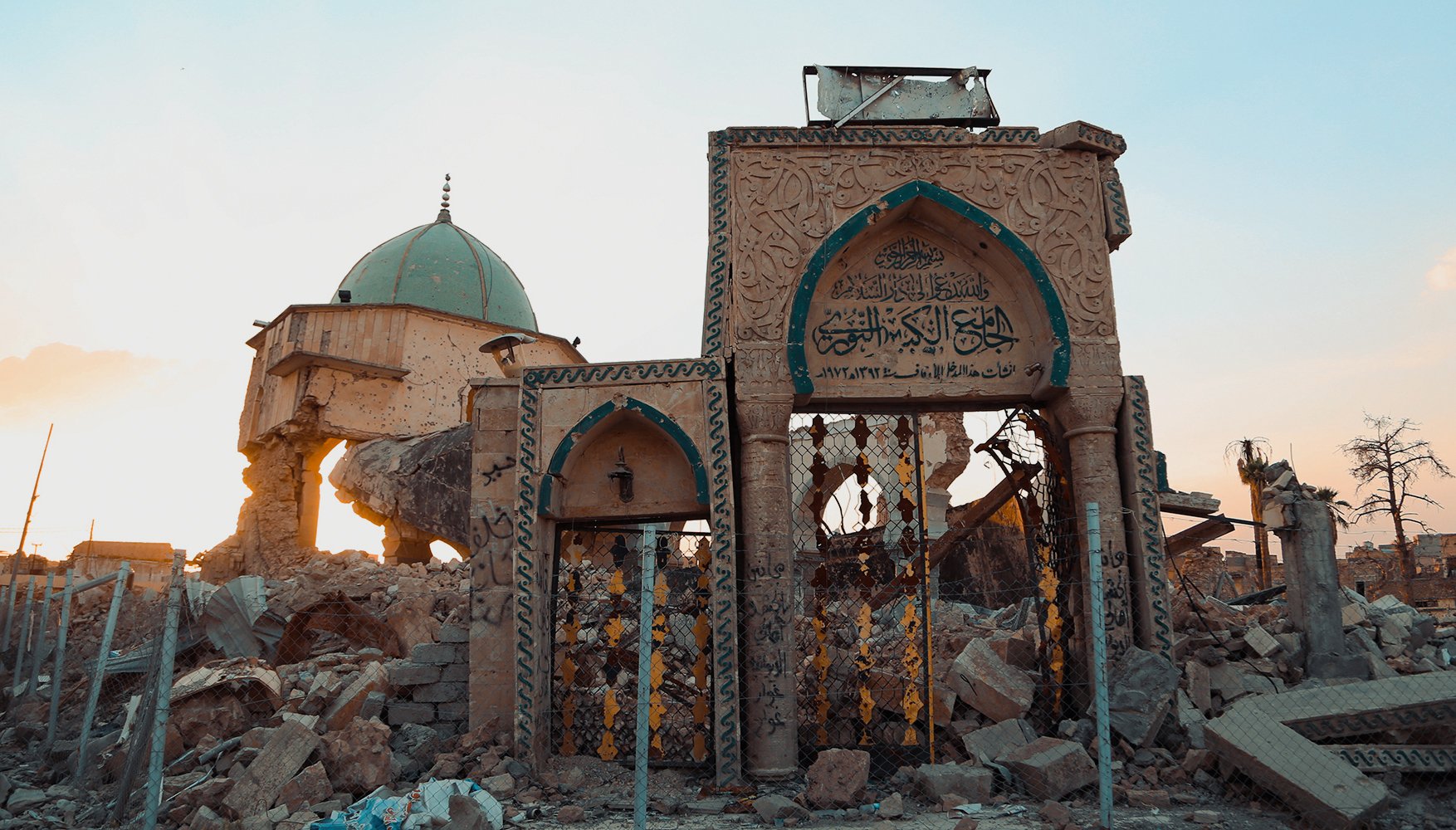



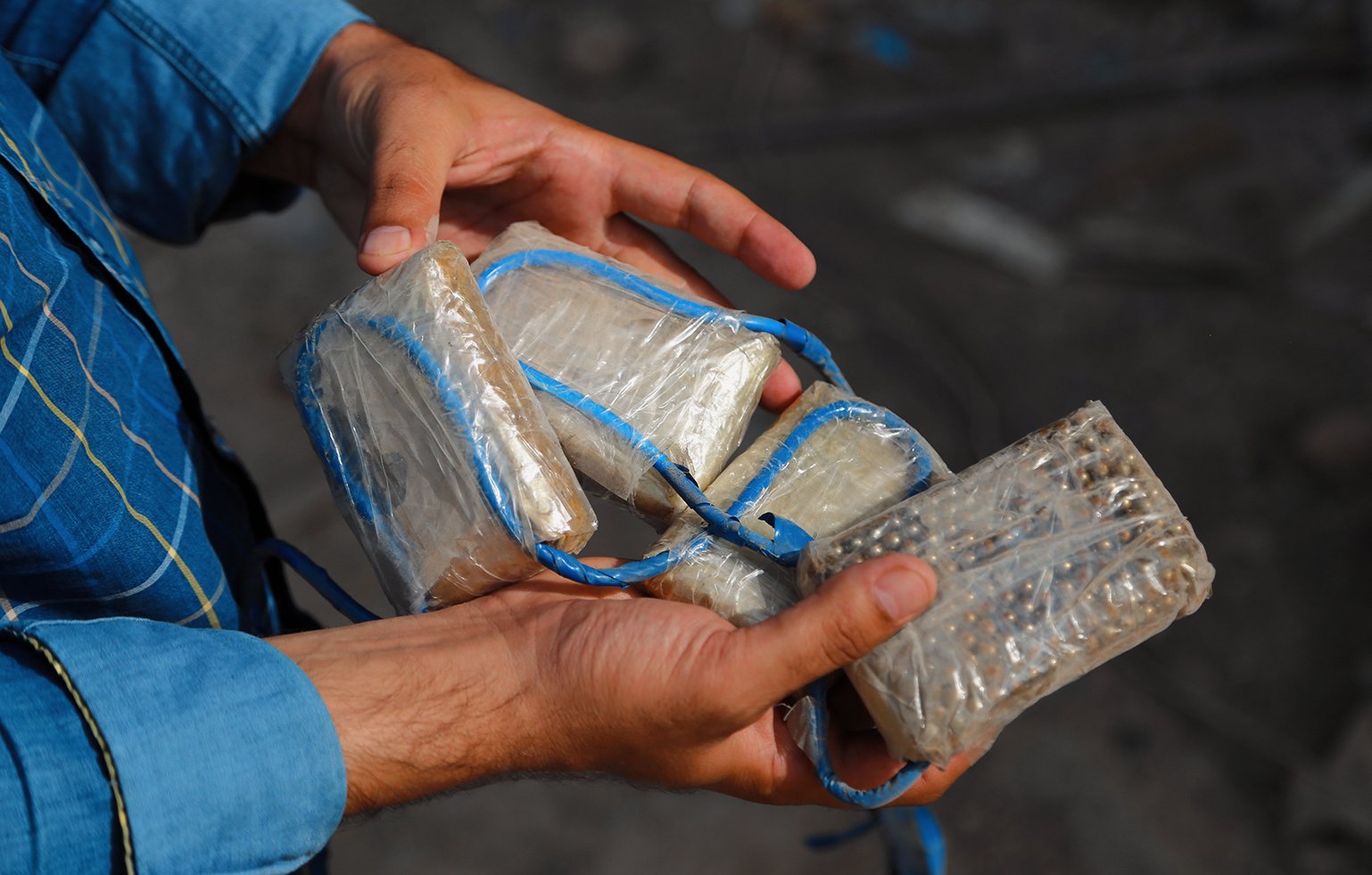



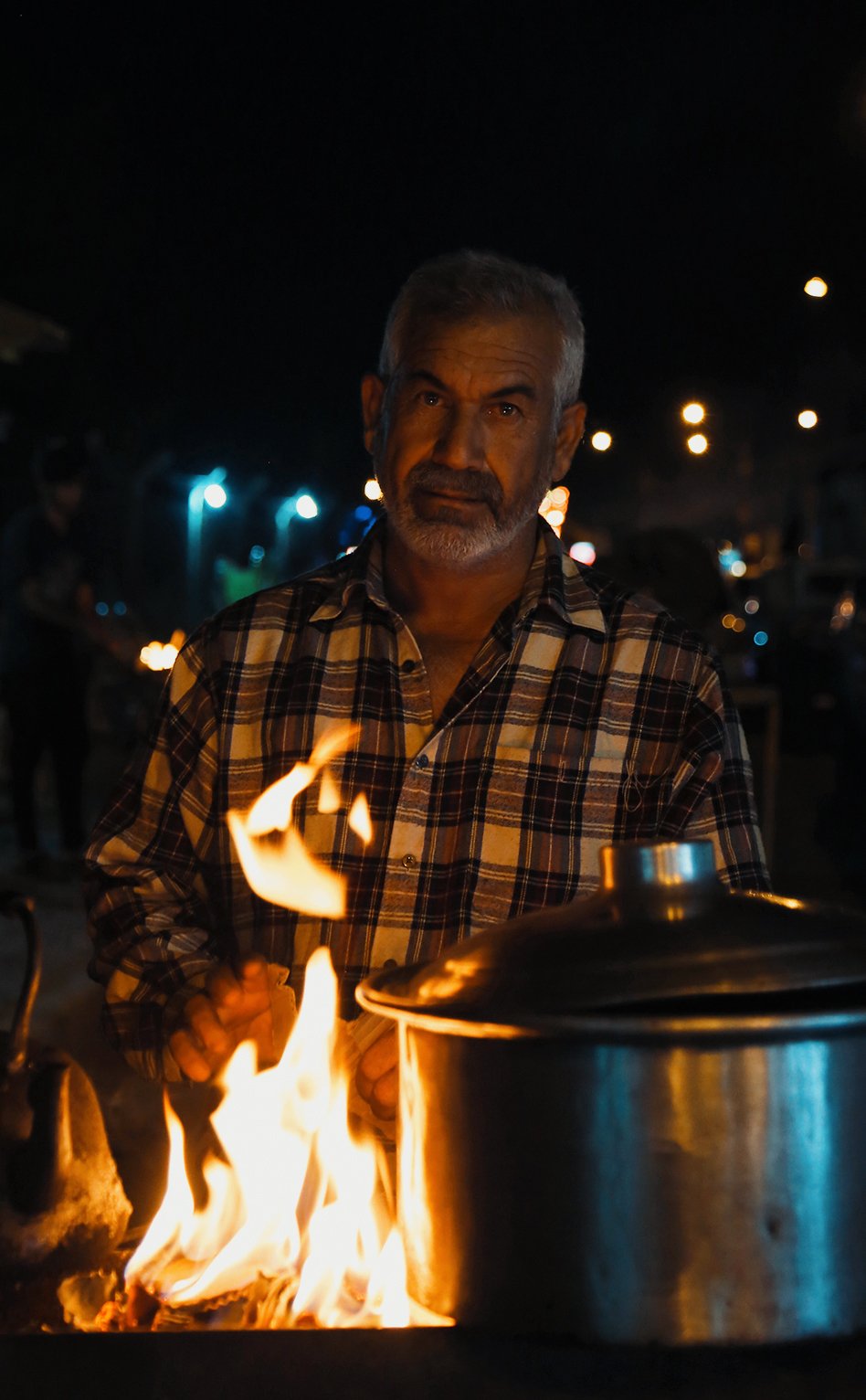




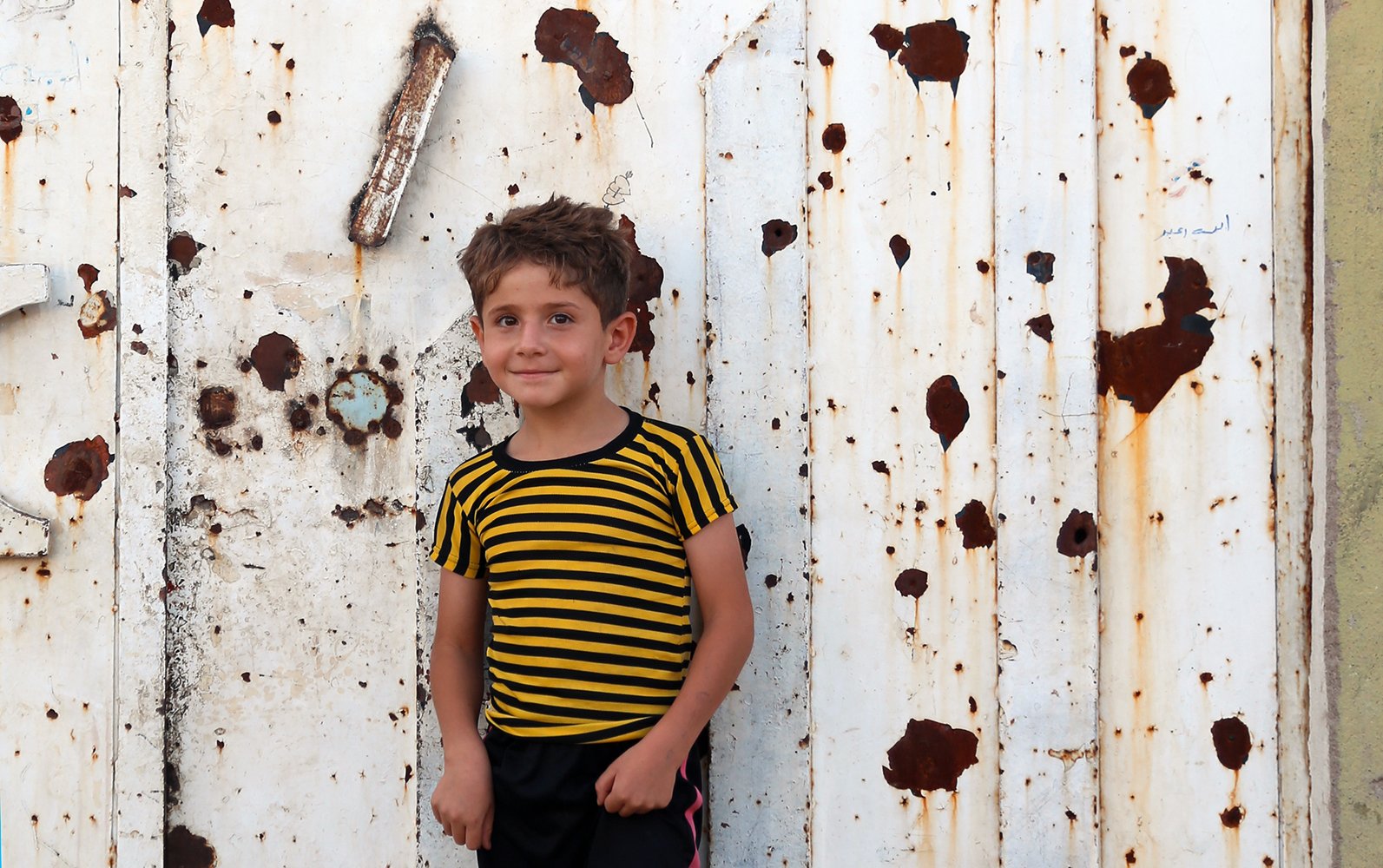

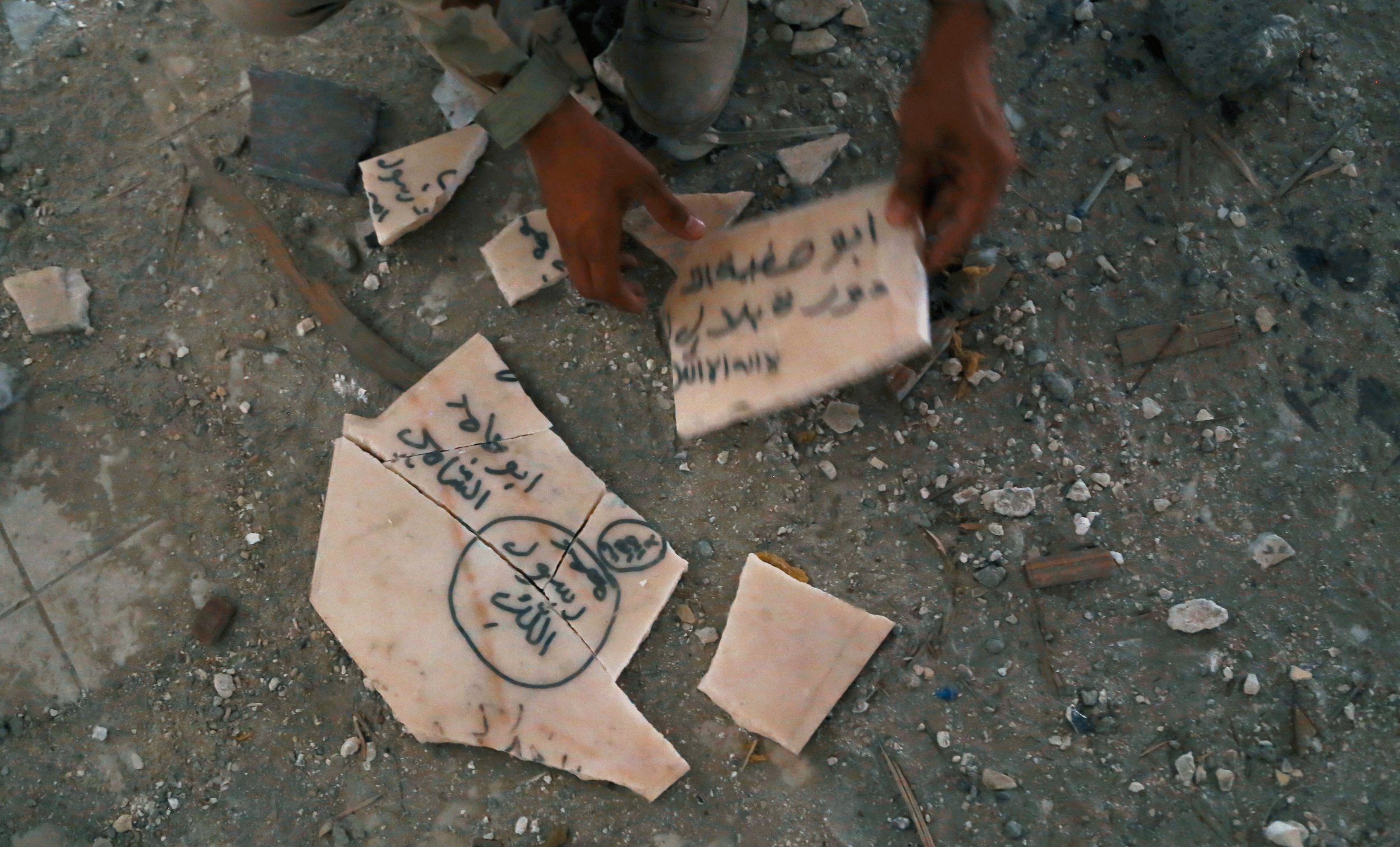
“Revenge” is a word that seems to define Mosul, Iraq’s second largest city. It was here that “Islamic State” leader Abu Bakr al-Baghdadi declared the Caliphate in June 2014. The bloody liberation of the city came only two years later and lasted nine months. And with the liberation came revenge, filling the streets with corpses of suspected ISIS members, often accused on dubious grounds.
Shortsighted American policy, implemented after the 2003 invasion, ignored Iraq’s sectarian complexities and resulted in the exclusion of the Sunni minority as - here it is again - revenge for their allegiance to Saddam Hussein. So when ISIS appeared, branding themselves as “protectors of the Sunnis”, many in the Sunni-majority Mosul welcomed their promises of stability and security and joined them. And many didn’t.
Today ISIS is gone, with the biggest losers being the Sunnis it proclaimed to protect. SWAT (Iraq’s anti-terror unit) still hunts ISIS sleeper cells. The Civil Defence combs the Old City for corpses of ISIS fighters and their hostages, many still wearing suicide belts. The children of fathers killed in service to the “State”, are bullied at school.
And yet, there are those who look back with nostalgia for the Caliphate.